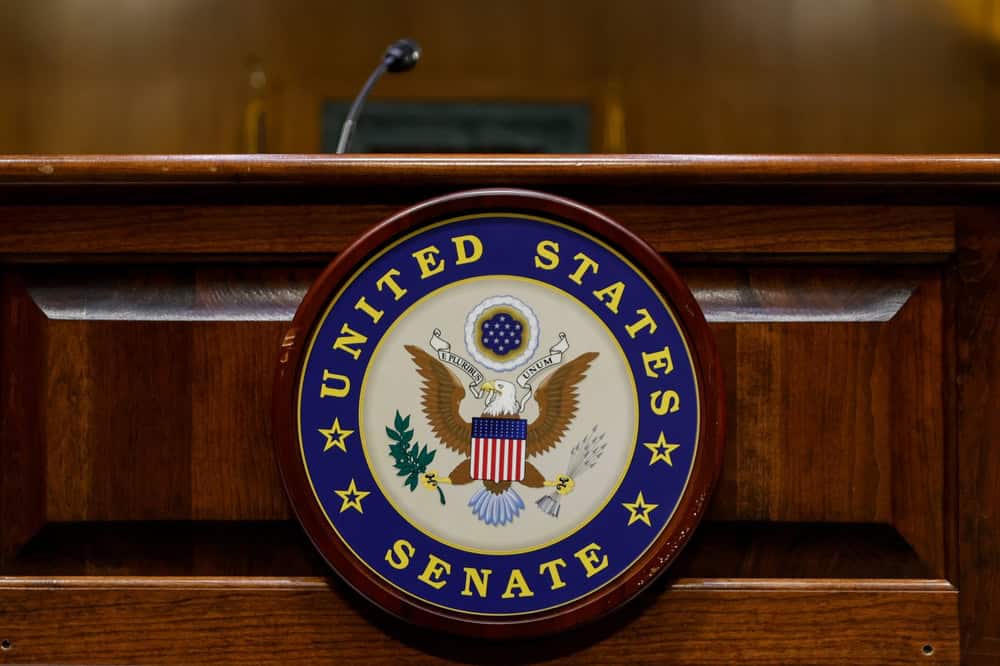Bipartisan legislation seeks to hold tech companies accountable and give victims legal recourse
In response to the growing crisis of child sexual abuse material (CSAM) online, Senators Dick Durbin (D-IL) and Josh Hawley (R-MO) have reintroduced the STOP CSAM Act, a bipartisan bill that aims to crack down on the proliferation of CSAM on digital platforms, the US Senate Committee on the Judiciary announced today. The legislation, which was unanimously advanced by the Senate Judiciary Committee last Congress, would allow survivors to sue tech companies that host or distribute CSAM, providing them with a legal avenue to seek justice.
The STOP CSAM Act comes at a time of intense scrutiny on Big Tech, with increasing concerns over the failure of platforms to adequately prevent and remove child exploitation content. Last year, the Senate Judiciary Committee held five bipartisan votes on online safety bills, and in January 2024, a high-profile hearing featured testimony from the CEOs of Meta, TikTok, Snap, X (formerly Twitter), and Discord. Lawmakers grilled these executives about their failure to protect children from predators and harmful content.
Durbin: “Big Tech Has Woefully Failed to Police Itself”
“Big Tech has woefully failed to police itself, and the American people are demanding that Congress intervene,” said Senator Durbin, stressing the need for legislative action. “We made significant headway last year to address Big Tech’s failure to protect our kids online, including five unanimous bipartisan votes on bills in the Senate Judiciary Committee. It’s time to build on that progress.”
Senator Hawley echoed these concerns, calling on Congress to move quickly.
“We can’t waste any more time,” Hawley said. “Let’s give parents and victims the ability to hold these companies accountable and sue them. Anything less, and these problems won’t end.”
Key Provisions of the STOP CSAM Act
The legislation includes several provisions designed to increase accountability for tech companies and protect children from online predators. The bill would:
- Empower victims of CSAM to sue tech companies that knowingly host, distribute, or fail to remove illegal material.
- Require digital platforms to adopt stronger reporting and removal policies for CSAM.
- Increase penalties for those involved in the creation or distribution of CSAM.
- Improve coordination between tech companies and law enforcement agencies to track and remove exploitative content.
Legislative Background & Why It’s Being Reintroduced
The STOP CSAM Act was first introduced in a previous legislative session, where it passed the Senate Judiciary Committee unanimously but failed to become law before the session ended. Lawmakers often reintroduce bills when they receive broad support but do not pass through the full legislative process due to congressional gridlock or competing priorities.
The bill’s reintroduction follows growing public outcry over Big Tech’s failure to police its platforms. High-profile cases have revealed that CSAM remains prevalent across major platforms, and survivors lack legal recourse to hold companies accountable. The reintroduction of the STOP CSAM Act signals that lawmakers see this issue as urgent and are pushing for immediate action.
The Broader Fight for Child Safety Online
The STOP CSAM Act is part of a broader legislative effort to combat child exploitation online. In July 2024, Durbin’s bipartisan DEFIANCE Act passed the Senate, targeting the spread of sexually explicit “deepfake” images and videos created without consent. The DEFIANCE Act aims to criminalize and restrict the creation of AI-generated sexual exploitation content, another growing concern in the digital space.
In addition to the STOP CSAM Act and the DEFIANCE Act, lawmakers have been working on other initiatives to force tech companies to take stronger action against CSAM. However, Big Tech companies have lobbied aggressively against these regulations, fearing financial and legal repercussions.
What’s Next?
With bipartisan support, the STOP CSAM Act has a strong chance of advancing once again through the Senate Judiciary Committee. However, the real challenge lies in ensuring the bill becomes law. Tech industry lobbying efforts and partisan gridlock in Congress could still stall the bill’s progress, despite its broad support.
For survivors and child safety advocates, the STOP CSAM Act represents a critical step forward in holding tech companies accountable and ensuring that online platforms are not a haven for exploitation. Lawmakers are now urging swift action to pass the bill before another legislative session ends without meaningful reform.




